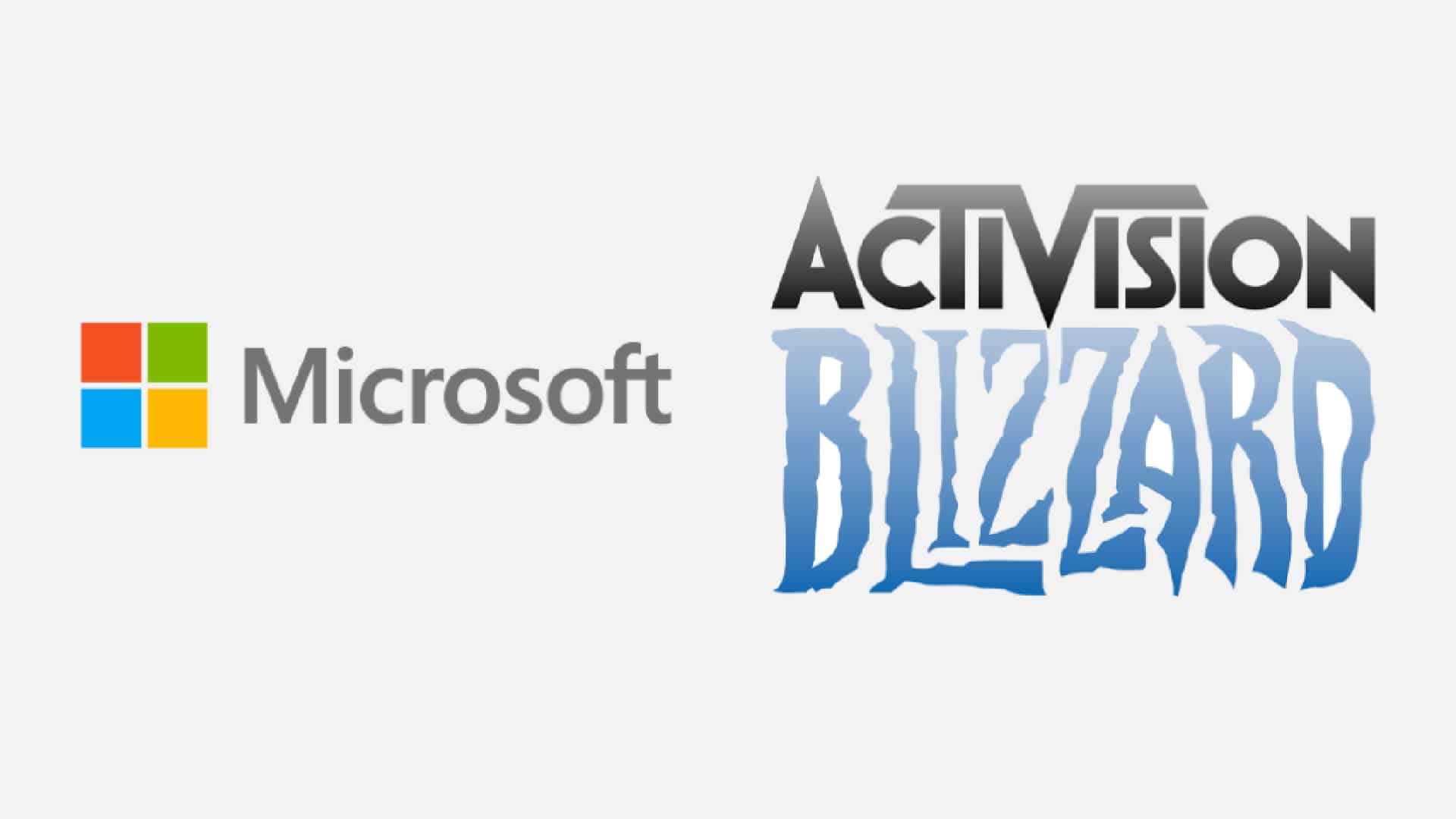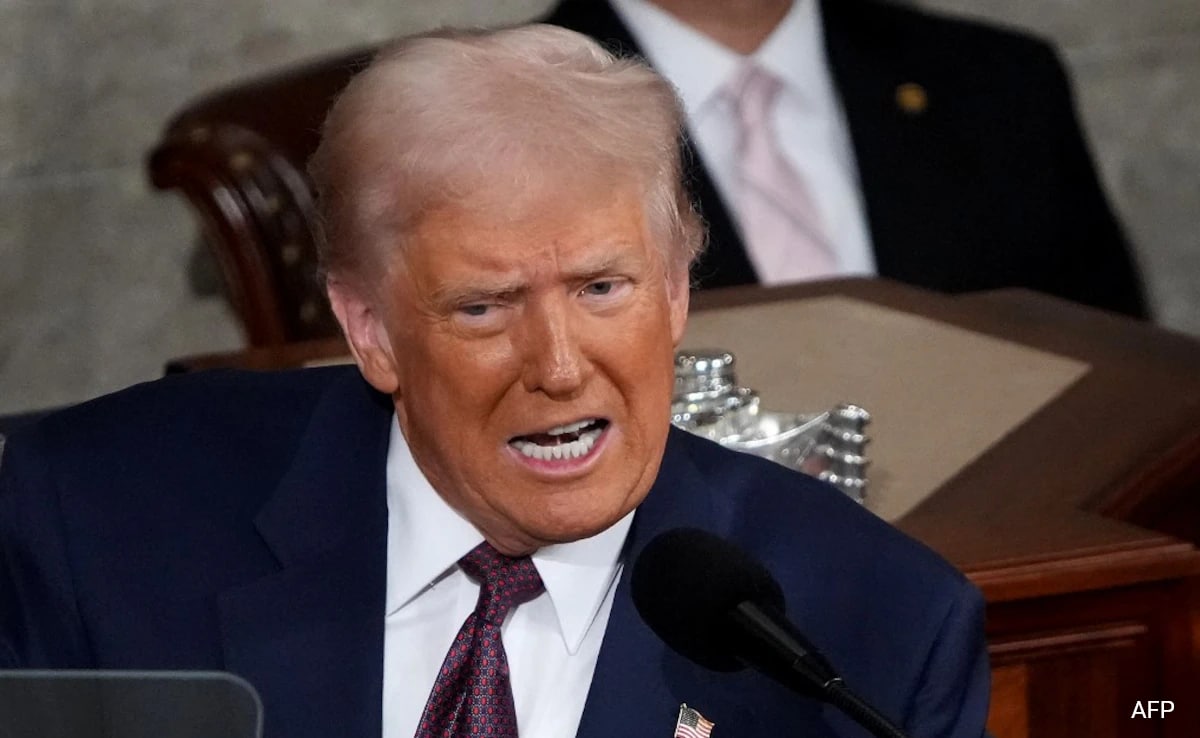Analysis: FTC's Appeal Of The Microsoft-Activision Merger Decision

Table of Contents
The FTC's Arguments Against the Merger
The FTC's core argument against the Microsoft-Activision merger centers on its potential to stifle competition, particularly within the burgeoning cloud gaming market. The commission contends that the merger would grant Microsoft an insurmountable competitive advantage, harming both consumers and rival companies.
-
Concerns about Microsoft's Market Dominance: The FTC highlights Microsoft's existing strength in the cloud gaming space through its Xbox Cloud Gaming service. They argue that adding Activision's popular franchises, such as Call of Duty, World of Warcraft, and Candy Crush, would solidify Microsoft's dominance, making it nearly impossible for competitors to catch up.
-
Exclusionary Practices: The FTC alleges that Microsoft would leverage its ownership of Activision's key titles to exclude rival gaming platforms and cloud gaming providers. This could involve exclusive content deals, making popular games unavailable on competing services. This strategy, the FTC argues, would severely limit consumer choice and innovation.
-
Harm to Consumers: Ultimately, the FTC's argument boils down to the potential for harm to consumers. By limiting competition, the merger could lead to higher prices, reduced innovation, and a less diverse range of gaming experiences available to players. The FTC presented evidence suggesting that Microsoft's actions might lead to these negative outcomes for the average gamer.
The Judge's Ruling and the FTC's Response
The initial court ruling dismissing the FTC's lawsuit argued that the commission failed to demonstrate that the merger would substantially lessen competition. The judge's decision emphasized the existence of other significant players in the gaming market and the potential for alternative cloud gaming solutions to emerge. However, the FTC firmly disagrees with this assessment.
-
Key Points of Contention: The FTC's appeal directly challenges several aspects of the judge's reasoning. They contest the judge's assessment of market dynamics and the weight given to Microsoft's proposed remedies to mitigate potential anti-competitive behaviors.
-
Legal Basis for the Appeal: The FTC's appeal is based on the assertion that the judge misapplied existing antitrust laws and failed to fully consider the long-term implications of the merger. They are appealing on the grounds of procedural and substantive errors in the original decision.
-
Flaws in Legal Interpretation: The FTC's appeal emphasizes what they see as flaws in the judge's legal interpretation, arguing that the judge underestimated the potential for anti-competitive behaviors and didn't adequately address the unique challenges posed by the rapidly evolving cloud gaming market.
Implications for the Gaming Industry and Antitrust Law
The FTC's Microsoft-Activision merger appeal carries significant implications far beyond the two companies involved. The outcome will influence the broader gaming industry and set important precedents for antitrust law concerning tech mergers.
-
Antitrust Precedent: This case could redefine how antitrust laws are applied to large-scale mergers in the tech industry. A successful appeal could lead to increased regulatory scrutiny of future acquisitions in the gaming sector and beyond.
-
Impact on Future Acquisitions: The decision will undoubtedly influence other companies contemplating significant mergers and acquisitions in the gaming and tech space. Increased uncertainty might lead to a more cautious approach, affecting the pace of industry consolidation.
-
Impact on Game Development and Consumer Choice: The long-term consequences could impact game development, pricing strategies, and the overall diversity of gaming options available to consumers. The FTC's concerns about reduced innovation and higher prices are central to this debate.
The Role of Cloud Gaming in the FTC's Appeal
The cloud gaming market plays a pivotal role in the FTC's appeal. The commission argues that Microsoft's acquisition of Activision would give them a decisive advantage in a market that's still developing, but poised for explosive growth.
-
Potential for Dominance: The FTC presents evidence that suggests Microsoft could achieve market dominance in cloud gaming post-merger, effectively stifling innovation and competition from smaller players.
-
Competitive Landscape: The appeal highlights the current competitive landscape of cloud gaming, emphasizing its importance as a crucial future platform. This underlines the FTC's concerns about the long-term consequences of allowing Microsoft to control such a significant segment of the market.
-
Market Analysis: Statistical data and market analyses supporting the FTC's claims about Microsoft's potential dominance in the cloud gaming market are central to their argument and form a substantial part of their appeal.
Conclusion
The FTC's appeal of the Microsoft-Activision merger decision is a pivotal moment for antitrust enforcement and the future of the gaming industry. The outcome will have far-reaching consequences, affecting competition, innovation, and consumer choice in the gaming market, especially within the cloud gaming segment. The success or failure of this appeal will set a crucial precedent for future tech mergers and acquisitions. Stay informed about further developments in the FTC's Microsoft-Activision merger appeal to stay updated on this landmark case and its implications.

Featured Posts
-
 Low Rock Legends Vapors Of Morphine Northcote Date
May 22, 2025
Low Rock Legends Vapors Of Morphine Northcote Date
May 22, 2025 -
 Is Beenie Mans New York Takeover An It A Stream Success
May 22, 2025
Is Beenie Mans New York Takeover An It A Stream Success
May 22, 2025 -
 Is Trumps Golden Dome Missile Shield Realistic A Comprehensive Look
May 22, 2025
Is Trumps Golden Dome Missile Shield Realistic A Comprehensive Look
May 22, 2025 -
 Canada Post Workers Strike What Businesses Need To Know
May 22, 2025
Canada Post Workers Strike What Businesses Need To Know
May 22, 2025 -
 Kartels Restrictions A Police Source Explains Why
May 22, 2025
Kartels Restrictions A Police Source Explains Why
May 22, 2025
Latest Posts
-
 Casper Boat Lift Hosts Unexpected Zebra Mussel Invasion
May 22, 2025
Casper Boat Lift Hosts Unexpected Zebra Mussel Invasion
May 22, 2025 -
 A Turning Point For Otter Management In Wyoming
May 22, 2025
A Turning Point For Otter Management In Wyoming
May 22, 2025 -
 The Future Of Otter Populations A Turning Point In Wyoming
May 22, 2025
The Future Of Otter Populations A Turning Point In Wyoming
May 22, 2025 -
 Shifting Strategies A Turning Point In Wyomings Otter Management
May 22, 2025
Shifting Strategies A Turning Point In Wyomings Otter Management
May 22, 2025 -
 Thousands Of Zebra Mussels Found On Casper Boat Lift
May 22, 2025
Thousands Of Zebra Mussels Found On Casper Boat Lift
May 22, 2025
